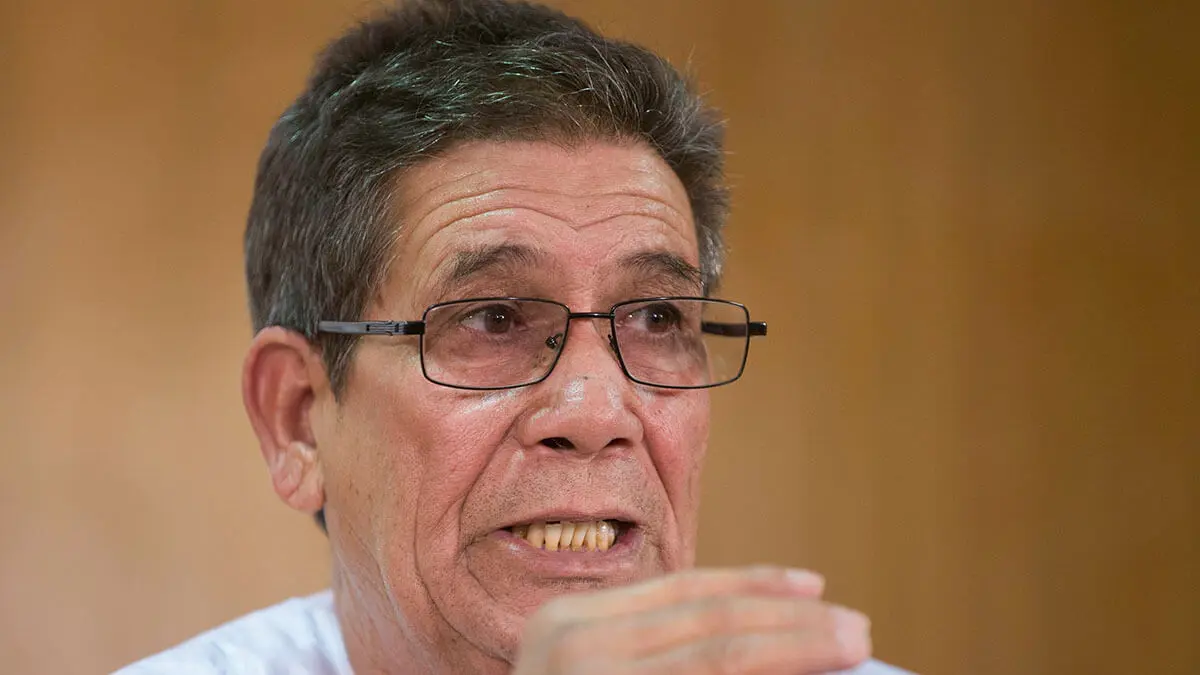Polisario crisis and powerlessness

This speech, marked by severe self-criticism, reveals the powerlessness and disarray of the movement's leadership and military structures.
It therefore illustrates the end of the Polisario:
1. recognition of strategic failure:
By stating that “the enemy” has almost completed its military strategy, Bachir Mustafa Sayed acknowledges that the Polisario is outmatched on the ground, unable to counter Moroccan strategic advances, whether on the coast (Guerguerat) or in the desert (Amgala). This reflects a loss of military and strategic initiative.
2. Absent and disorganized leadership:
The passage on the “vacuum” within the Supreme Command and the Ministry of Defense reveals an inoperative leadership structure. When a senior official publicly calls for these abandoned headquarters to be “occupied”, he is directly admitting that the Polisario's military and political institutions have been abandoned.
3. Loss of internal confidence:
The use of “experienced cadres” and the denunciation of favoritism show that, even within the movement, decisions are biased, skills ignored and meritocracy non-existent. This internal fracture further weakens a movement that needs solid unity to face up to its adversaries.
4. An outdated and inadequate vision :
The proposals put forward by Bachir Mustafa Sayed, while relevant on paper, demonstrate a belated reaction to challenges that have already overtaken the Polisario. For example, the creation of a “real operations room” or the appointment of competent commanders are basic measures that should have been implemented long ago.
5. Desperation in the face of regional developments:
The use of Mauritania to counter Moroccan plans underlines the Polisario's growing diplomatic isolation. The idea that Nouakchott can oppose the Moroccan dynamic is unrealistic and bears witness to the absence of concrete solutions to reverse the balance of power on the ground.
In conclusion, this text is not just an admission of crisis, it is an admission of impotence. The Polisario is now a movement in decline, undermined by internal divisions, a lack of leadership and an inability to adapt to the political and military realities of the region.
Moroccan advances, backed by growing international support, seem to have definitively marginalized a movement that is collapsing under the weight of its own failures.
Mohamed Cherif, head of international relations for the Mouvement Sahraoui pour la Paix (MSP),

